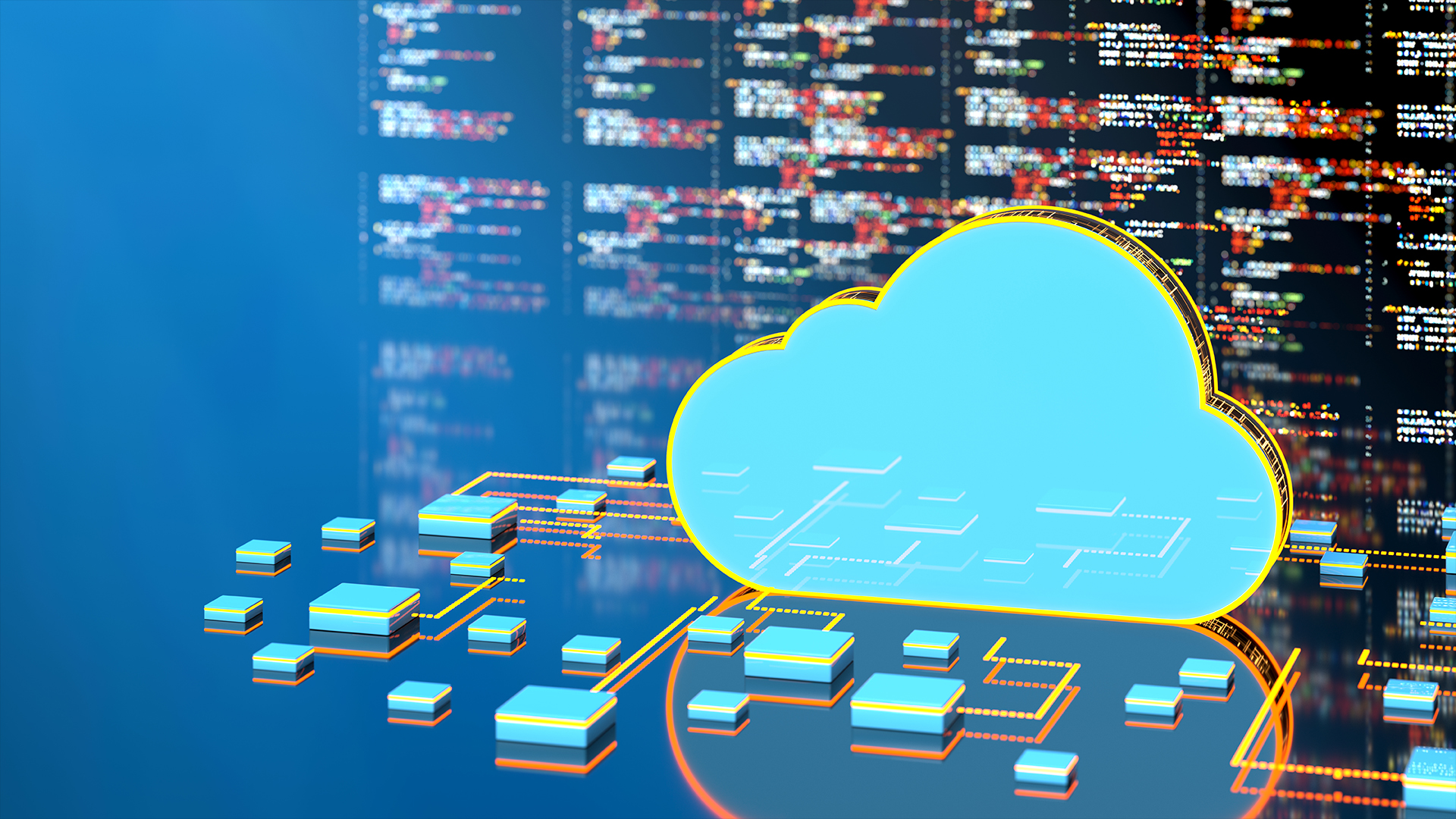Why Redis license changes aren't the end of the world for open source
Redis license changes could spark consternation among members of the open source community, but what does this move actually mean?

George Fitzmaurice

Redis has announced changes to its licensing setup that will see the firm adopt a more restrictive software distribution approach.
The changes, announced this week by CEO Rowan Trollope, will see Redis releases made available under RSALv2 (Redis Source Available License) and SSPLv1 (Server Side Public License) licenses.
The dual licensing setup means the company is now adopting a ‘source available’ approach. This marks a departure from the company’s Berkeley Software Distribution (BSD) model, which allows developers to freely use source code for commercial purposes.
‘Source available’ refers to software released under a distribution license that means it can be publicly accessed - and in some cases modified - but with restrictions. This typically allows devs to use code for educational purposes, for example, while preventing them from using source code in a commercial context.
The changes will take effect from Redis version 7.4, and mean cloud service providers that host Redis solutions will be forced to enter into commercial agreements with the company to use source code.
Redis said the motivation behind the shift to source available licenses will allow the company to “sustainably provide permissive use” of source code. Trollope noted that, in recent years, the company’s success has created a “unique set of challenges” in terms of commercialization.
The provider has been sponsoring “the bulk” of development in collaboration with the developer community. However, the majority of commercial sales are “channeled through the largest cloud service providers”, he said.
Sign up today and you will receive a free copy of our Future Focus 2025 report - the leading guidance on AI, cybersecurity and other IT challenges as per 700+ senior executives
Trollope said these providers, which include Microsoft, have essentially “commoditized Redis’ investments”, suggesting that the previous licensing setup was no longer delivering commercial value for the company.
The move by Redis could spark backlash from the open source community akin to that witnessed last year in the wake of HashiCorp licensing changes.
In August, the company announced plans to change its source code license to the Business Source License (BSL) which prohibits commercial use. The decision was heavily criticized by many across the open source ecosystem.
HashiCorp said at the time that the reason for the switch was because too many vendors were profiting from the work of open source software projects.
What next for open source after the Redis license changes?
Speaking exclusively to ITPro from KubeCon 2024 in Paris, Chris Aniszczyk, CTO at the Cloud Native Computing Foundation (CNCF), appeared to lament the news of the licensing changes - although he’s been somewhat short of time amidst the furor of the conference.
While the move by Redis is disappointing, Aniszczyk said it’s nothing the community hasn’t seen before. Redis itself has previously made licensing changes, as has MongoDB and the aforementioned HashiCorp.
These situations aren’t the norm though, and shouldn’t be a major cause for concern - especially given the sheer volume of open source projects across the global community, Aniszczyk said.
“There's a bajillion open source projects out there, right? When the HashiCorp thing happened, we were like, is this a common thing? How often is this happening?
RELATED WEBINAR

“We did our investigation and [found] there’s been a few handful of projects that have relicensed from open source to basically what I refer to as ‘source available’.”
Aniszczyk told ITPro he views the current situation with Redis through the same lens as HashiCorp’s decision - that being that individual circumstances will dictate how an organization approaches licensing.
In this instance, Redis’ CEO said the move will enable it to streamline the distribution of its technology and redefine its relationship with cloud providers. This aligns with the HashiCorp situation in which it also viewed open source licensing as something that was preventing it from delivering commercial value.
“I think what happened with these companies is … other people were using the software, maybe they were building products, maybe they were competing with them,” he explained.
“There's ways of looking at this, like, oh my gosh, we have this cool open source software, someone took it and is competing with me now and not maybe giving anything back.”
Open source enables competition that’s good for end users, Aniszczyk said, even if it isn’t always good for companies. Ultimately though, companies should stick to their stance on the matter.
“If you think that you as an organization developing software should own it all, just don’t be open source,” he said.

Ross Kelly is ITPro's News & Analysis Editor, responsible for leading the brand's news output and in-depth reporting on the latest stories from across the business technology landscape. Ross was previously a Staff Writer, during which time he developed a keen interest in cyber security, business leadership, and emerging technologies.
He graduated from Edinburgh Napier University in 2016 with a BA (Hons) in Journalism, and joined ITPro in 2022 after four years working in technology conference research.
For news pitches, you can contact Ross at ross.kelly@futurenet.com, or on Twitter and LinkedIn.
- George FitzmauriceContributor

